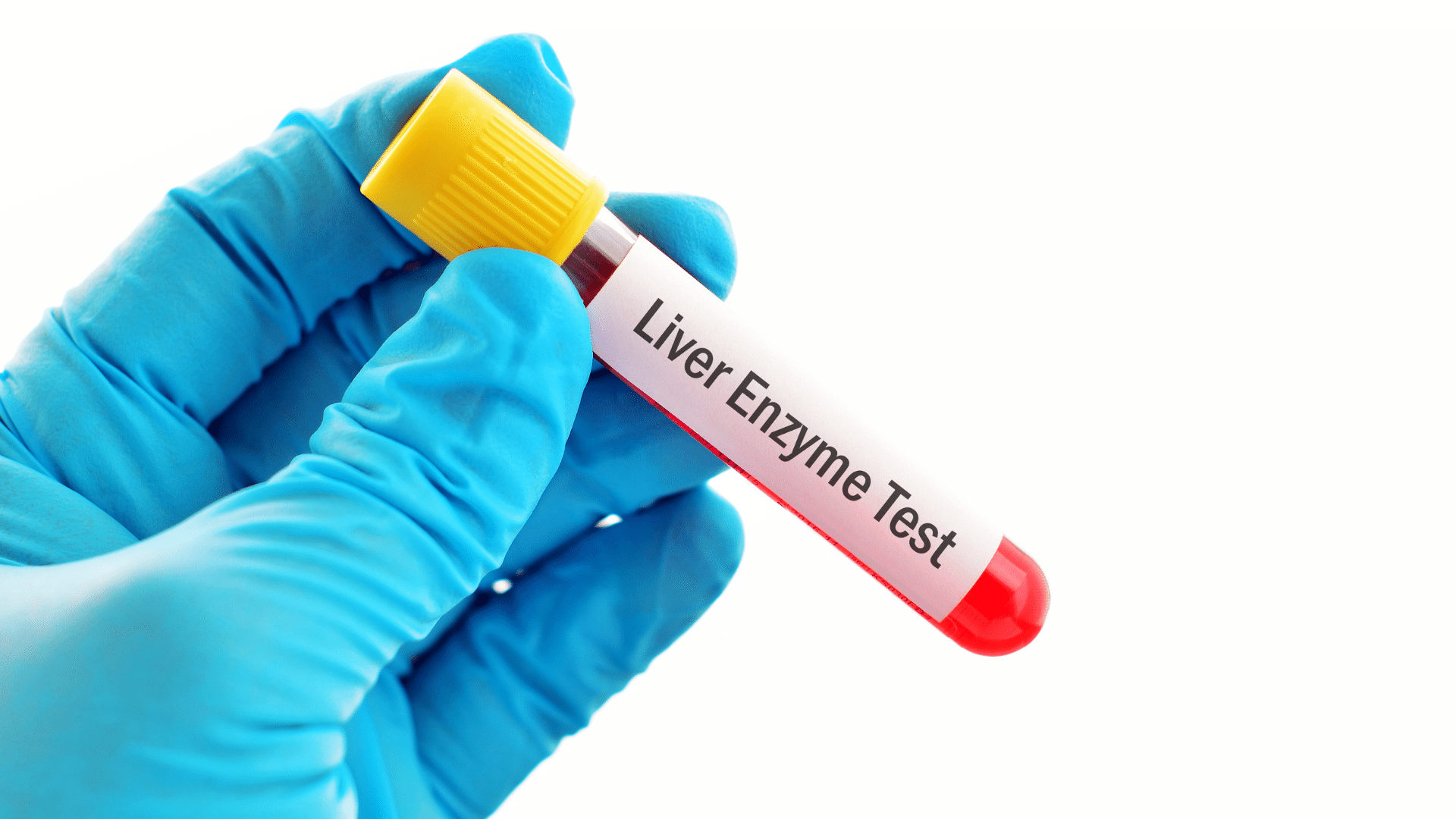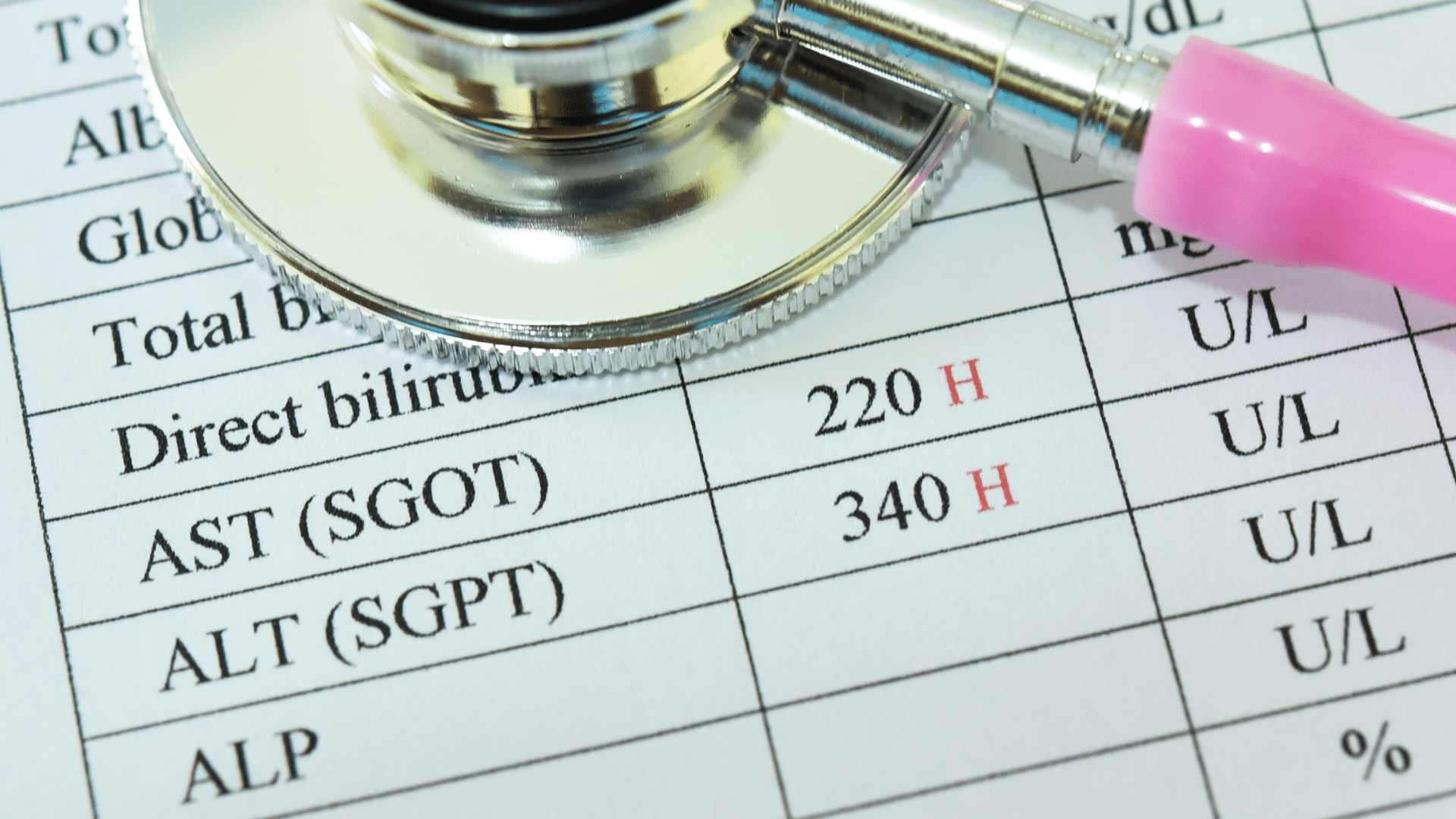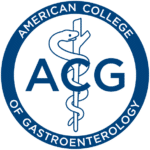Abnormal Liver Enzyme Levels
If you’re in John’s Creek, GA, and have recently discovered abnormal liver enzyme levels, it can be concerning and lead to questions about your overall health. At our gastroenterology clinic, we recognize the significance of abnormal liver enzyme levels and the potential impact on your well-being. That’s why we provide comprehensive evaluation and personalized treatment plans to address this condition effectively.


Understanding Abnormal Liver Enzyme Levels
Liver enzymes are substances produced by the liver that play a crucial role in various bodily functions. When liver cells are damaged or inflamed, they release higher-than-normal amounts of these enzymes into the bloodstream. Elevated levels of liver enzymes, such as alanine aminotransferase (ALT) and aspartate aminotransferase (AST), can indicate liver damage or disease.
Common Causes and Symptoms:
Several factors can contribute to elevated liver enzymes, including viral hepatitis, fatty liver disease, alcohol abuse, medication side effects, and autoimmune disorders. Symptoms may vary depending on the underlying cause but can include fatigue, abdominal pain, jaundice (yellowing of the skin and eyes), nausea, and unexplained weight loss.
Treatment Approach
Treating abnormal liver enzyme levels involves addressing the underlying cause and promoting liver health. Treatment plans may include lifestyle modifications, such as adopting a healthy diet, maintaining a healthy weight, limiting alcohol consumption, and avoiding hepatotoxic medications. In cases where liver damage is severe, medications or other interventions may be necessary to manage the condition effectively.

Comprehensive Care in John’s Creek, GA
At our Gastroenterology Clinic in John’s Creek, GA, we specialize in diagnosing and treating liver disorders, including abnormal liver enzyme levels. Our experienced team utilizes state-of-the-art diagnostic techniques and personalized treatment strategies to optimize liver health and overall well-being. We understand the importance of cultural sensitivity and individual preferences in healthcare decision-making and strive to provide compassionate and patient-centered care.
Take the first step toward understanding and managing your abnormal liver enzyme levels by scheduling an appointment with our dedicated team. Contact us today to discuss your concerns and embark on a path toward improved liver health and vitality.






